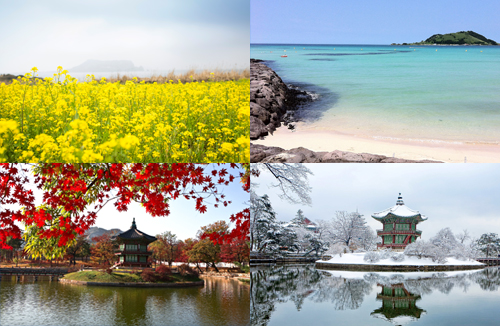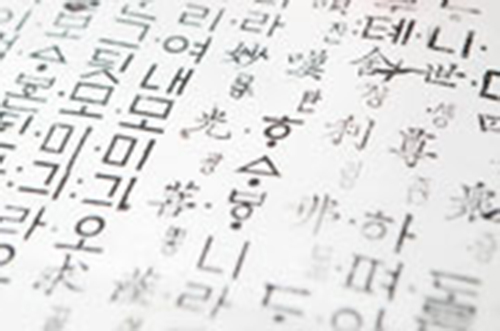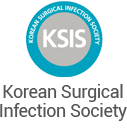Information
General Info
Location

The Korean Peninsula is located in North-East Asia. It is bordered by the Amnok River (Yalu River) to the northwest, separating Korea from China, and the Duman River (Tumen River) to the northeast which separates Korea from both China and Russia. The country itself is flanked by the Yellow Sea to its west and the East Sea to the east. There are several notable islands that surround the peninsula including Jeju-do, Ulleung-do and Dok-do (Liancourt Rocks). The Korean peninsula is roughly 1,030 km (612 miles) long and 175 km (105 miles) wide at its narrowest point. Korea's total land area is 100,140 sq km, and it has a population of 48.7 million people (2009). Because of its unique geographical location, Korea is a very valuable piece of land and an international hub of Asia.
Weather
Korea has four seasons, with a wet monsoon/summer season in the middle of the year, and a cold winter from November to March. The island of Jeju off the southern coast is the warmest and wettest place in the country. The ideal time to visit Korea is during the autumn months (September-November). During this time, the country experiences warm, sunny weather, skies that are cobalt blue and spectacular foliage that is perhaps the biggest draw. Winters are cold and dry and are a good time to visit if you are interested in winter sports as there are numerous ski resorts. Spring (April-May) is also beautiful with all the cherry blossoms in bloom. However, it is very busy and one needs to book in advance to ensure accommodation is available. The summer months are muggy and hot, and rather crowded. It is also when the monsoon season begins so many activities are subject to the fluctuations of heavy rain.

Language
The Korean language, like Hungarian, Turkish, Mongolian and Finnish, is classified into the Ural-Altaic language group. Hangeul(한글), the Korean alphabet, is composed of 10 simple vowels and 14 consonants. A group of scholars under the patronage of King Sejong the Great developed this systematic rendition of spoken sound in 1443. It is widely acclaimed by linguists as an ingenious invention. In 2009, the town of Bau Bau in Sulawesi, Indonesia adopted Hangeul as their official written language.

Business Hours
Government office hours are usually from 9:00 to 18:00 on weekdays. Banks are open from 9:00 to 16:00 on weekdays. Most stores are open every day from 10:30 to 20:00, including Sundays.
Tip & Tax
Service charges are included in your bill for rooms, meals, and other services at hotels and upscale restaurants. Koreans occasionally do tip when they are especially pleased with the service they receive. Foreign tourists can receive nearly 10 % VAT refunds for purchases at Duty Free shops. Goods must be taken out of Korea within three months of purchase to be eligible for a tax refund. Visitors can receive refunds on receipts of minimum purchases of KRW 50,000 (around USD 43). To receive your refund, present receipts with the purchased goods at the customs clearance desk at Incheon International Airport when departing.
Electricity

The standard electricity supply is 220 volts AC/60 cycles. Most hotels may provide outlet converters for 110 and 220 volts. Participants are recommended to check with the hotel beforehand.
Emergency Phone number
- - 1339: Medical Emergency
- - 119: Emergencies for Fire, Rescue & Hospital Services
- - 112: Police
- - 129: First Aid Services
Useful Websites
- - Korea Tourism Organization: Click Here
- - Seoul Tourism Organization: Click Here
- - Seoul Metropolitan Government: Click Here
- - Ministry of Foreign Affairs and Trade: Click Here
- - Incheon International Airport: Click Here



